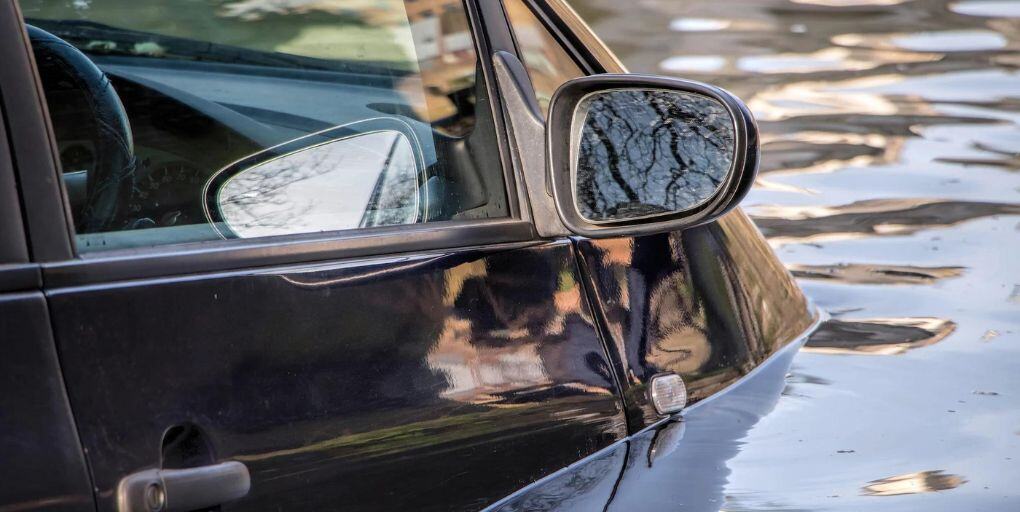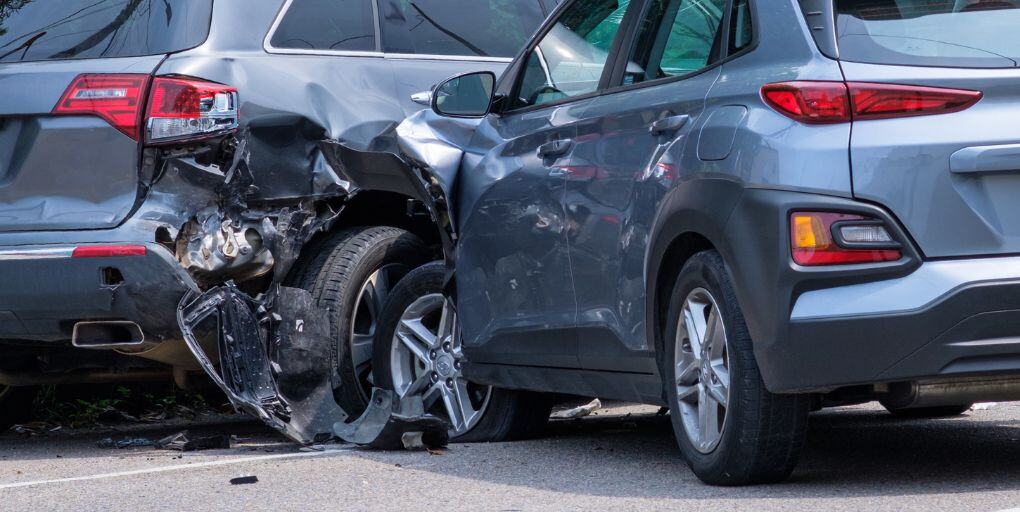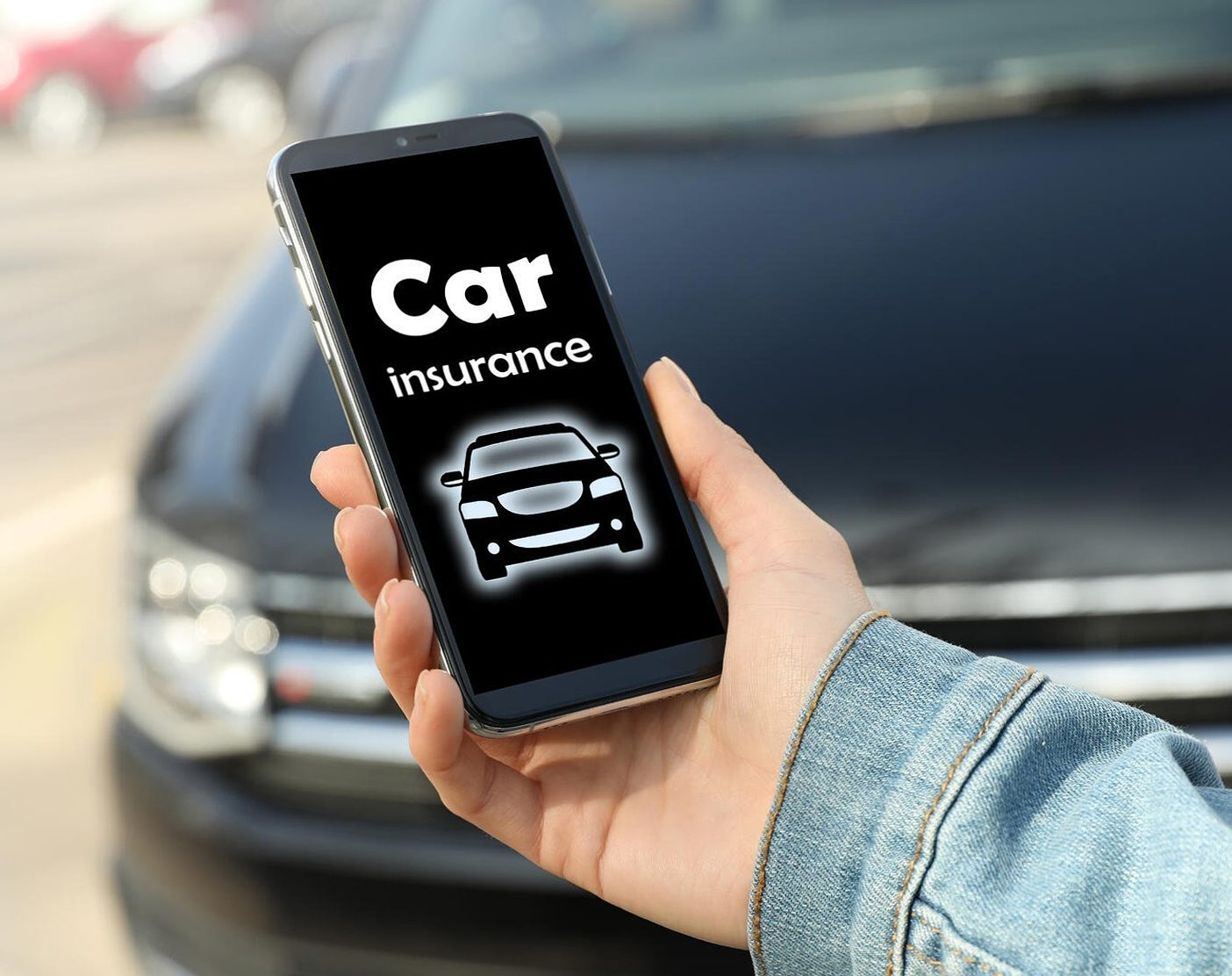As promised in last week’s Car Pro Show newsletter, this week I tell you how to deal with an insurance adjuster. Of all the articles I have written for my FAQ page, the one about diminished value, and this one have made my listeners the most money. It is crucial right now due to the sky-high used car values. Insurance companies are not up to speed on this by any stretch.
How To Deal With An Auto Insurance Adjuster
If your vehicle is totaled by wreck or flood damage, or stolen and not recovered, you are going to be forced to deal with an insurance claims adjuster. Sometimes it is your own insurance company, and other times it will be the insurance company that the other party uses.
Either way, the adjuster has two goals in mind: to get the claim settled and off his or her desk, and to settle the claim as cheaply as possible. According to one adjuster I spoke with, you can get promoted quickly by settling automobile claims at under market value.
I speak to a lot of Car Pro Show listeners who truly think they have no choice but to accept the offer an insurance company makes, and often they present it that way, subtly. They may call and say "we have evaluated your totaled out vehicle and prepared a check for $10,000" or whatever they come up with. Many people just say OK, and accept that it is fair. This is a mistake. You can pretty much count on the first offer being low.
As soon as you know there is a chance of your vehicle being totaled, start to do your homework, so when that settlement call comes, you immediately know if it is low or acceptable, it is after all your money, and the reason you pay insurance premiums.
I had a listener a few years ago who had a late model 3/4 ton truck that was totaled. I looked over the insurance offer that he deemed "OK"and told him it was way low. In this case, the adjuster missed that the truck was a diesel engine, and the claim amount jumped by $5000.
Remember too, in most states the insurance company is required to pay replacement value, not wholesale or book value, or auction prices, but the amount you would have to pay if you go into the open market and find the closest vehicle to the one that was wrecked.
For me, the easiest way is to determine replacement value is to go to AutoTrader.com. From there, set the criteria to same year vehicles within 300 miles of your zip code. Then choose the engine size, vehicle mileage, you can even narrow it down to features like leather interior, DVD player, and navigation system. Print out or make yourself a spreadsheet with prices on vehicles very similar to yours, except color. The comparable vehicles you find do not need to be exact matches, just close.
This is an important step to take because the adjuster is going to do virtually the same thing. They present you with comparable cars, then take an average. If their settlement offer is low, just saying "I won't accept that" is not going to work. Let him or her know you have your own set of comparable vehicles you'd be happy to supply. If you've done your search properly, the numbers don't lie and will support the dollar amount you are asking for.
Over the years, I have known many insurance adjusters, and they are by and large good people, but they have stressful jobs. Just remember, they want to settle your claim so they can move on to the next one, but they also have to satisfy their claims supervisor. They often walk a fine line.
If you have done your homework as outlined above, and can make your case for the amount of money you arrived at, be prepared to ask for the claims supervisor, the adjuster will not care, they are used to that.
One last note: if you have spent money on the vehicle that got flooded, stolen, or totaled out, supply the insurance company with receipts. New tires, recent mechanical repairs, aftermarket items, etc. will allow the insurance company to add additional money to the amount they are offering you and can often close the deal.
You may also like:
-

How To Avoid Buying Flood-Damaged Cars
Read Post -

-


